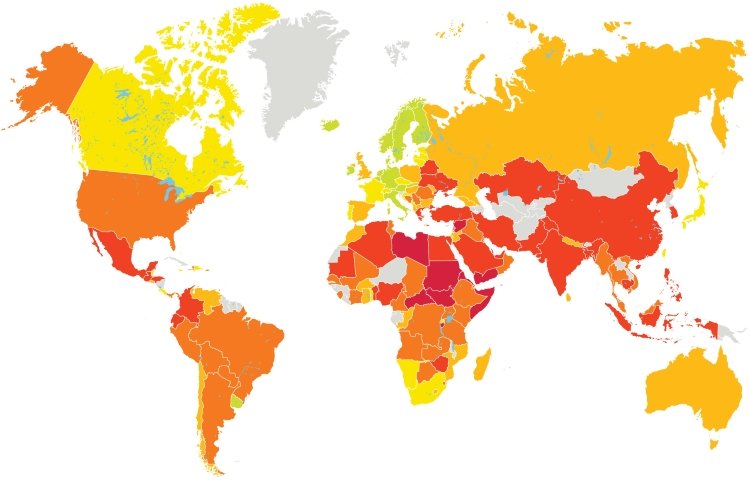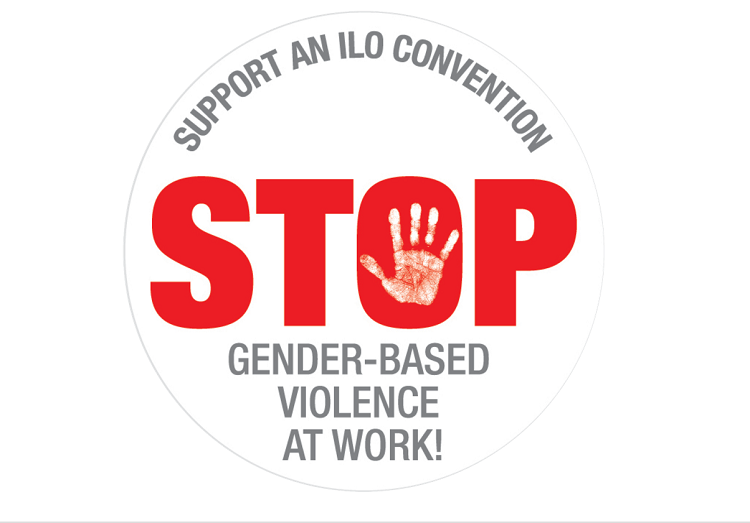Migration is one of the major global challenges affecting the vital interests of millions of people. It affects the labour market in almost all European countries, together with their economic, social and demographic balances. It is increasingly influencing the content and process of policy-making in Europe.
Migration can be legal or clandestine; it may involve human trafficking and ruthless exploitation. The rights of migrant workers are often restricted and are sometimes totally denied. Migrants are too often found in poorer-paid, more precarious and more dangerous activities. They are used by employers to keep wages low and to perpetuate social dumping.
At the same time migrants’ remittances can make a serious contribution to growth and development, easing the pressure on social security systems in both host and departure countries. It is the responsibility of the trade union movement to defend a right-based approach that can integrate all these factors in a sustainable way.
The PERC has adopted the issue as one of its highest priorities, highlighting the specific nature of migration on the European continent, and the necessity to build up East-West cooperative action so as to ensure that the fundamental rights of all the workers are protected and that migrant workers’ right to organise is fully respected, based on joint efforts by the unions in the departure and host countries.


